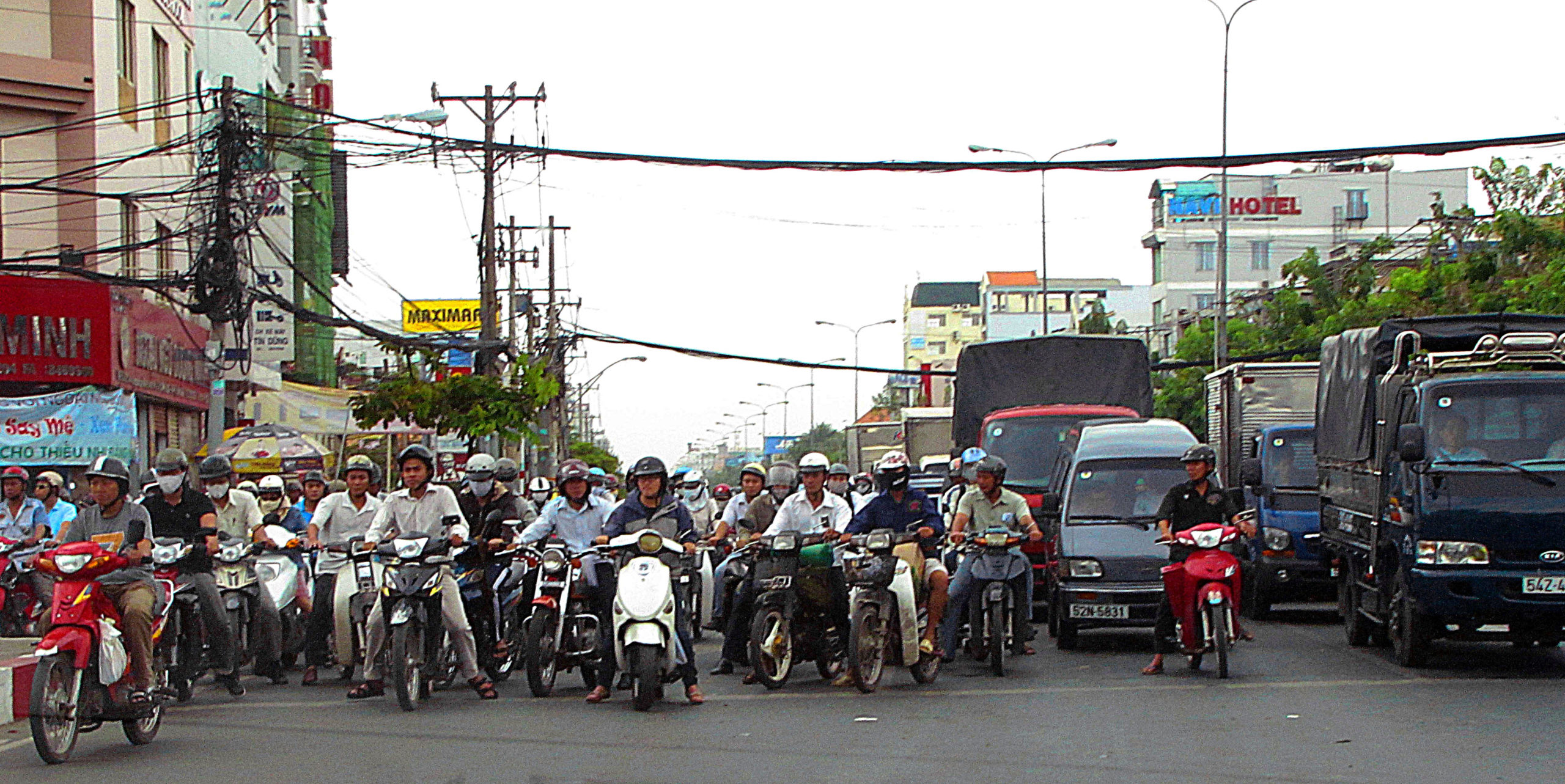By Michael Tatarski, New Naratif, March 16, 2020
Northern News presents these excerpts from a 2300-word article. You can read the full article here.
“Vietnam’s economy has … helped the country climb up the global development ladder, and it’s repeatedly been declared a winner of the US-China trade war amid major shifts in production by the world’s biggest companies.
“This growth has fueled a building boom, along with an explosion in car and motorbike ownership. Increased industrial production, widespread construction, and more vehicle emissions might be signs of a healthy economy, but at the cost of health problems for the people living among them.
“Katherine Nguyen moved to the city from San Jose, California, in 2009. ‘It wasn’t a concern at the time,’ she recalls. ‘I never even thought about it. But recently there have been spikes where the AQI turns red (unhealthy) or purple (very unhealthy) on the app.’ Nguyen’s family have responded by installing air purifiers in each living space in their apartment.
“Despite being Vietnam’s most populous city and economic engine, the air quality in Ho Chi Minh City used to be generally better than in Hanoi, the country’s capital. But while the situation has further deteriorated in Hanoi, things aren’t much better in Ho Chi Minh City.
“Ho Chi Minh City, and Vietnam as a whole, are often portrayed as lands of bountiful economic opportunities for people across classes. But when the construction and development that boosts economic growth is also generating these impacts to health and quality of life, people have to figure out how to deal with the situation according to their means.

“People working outside, or without the means to afford air filters and high-quality masks, face even more health risks, as they are in the middle of dense traffic for hours at a time. They are also reticent about speaking to the press about their experience, given that the issue is often seen as rather politically sensitive.
“Meanwhile, large-scale potential solutions — mass public transit, for example — are years away from becoming reality. Ho Chi Minh City’s first metro line won’t start operating until 2021 at the earliest, with any further lines expected to take several more years of construction, while Hanoi’s first line has been 99 percent complete for nearly a year, with no opening date in sight.
“As of now, buses are the only form of public transportation, while huge construction projects continue to emit dirt, dust, and other particles into the air, and industrial parks expand capacity to welcome companies escaping the trade war.”
Michael Tatarski is a journalist based in Ho Chi Minh City, Vietnam. He focuses on the environment, urban development, and social issues. Find him on Twitter @miketatarski.
Read the full article here.
